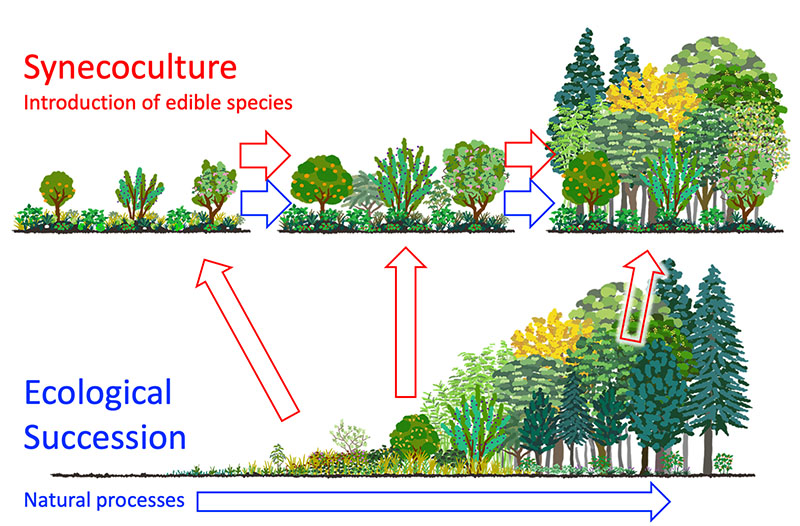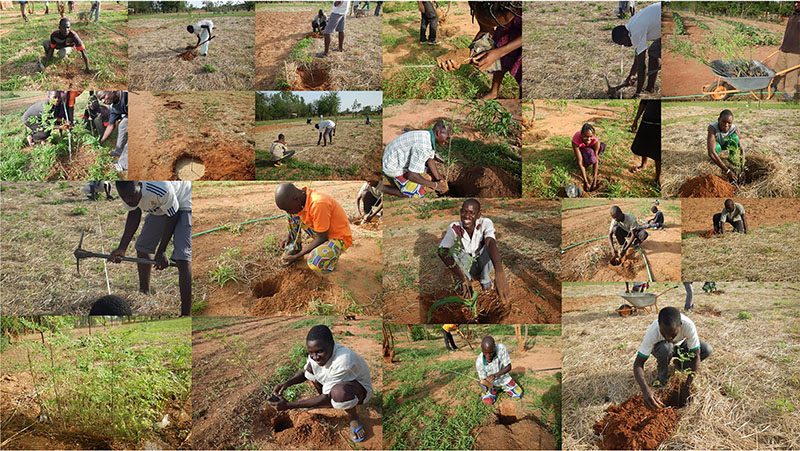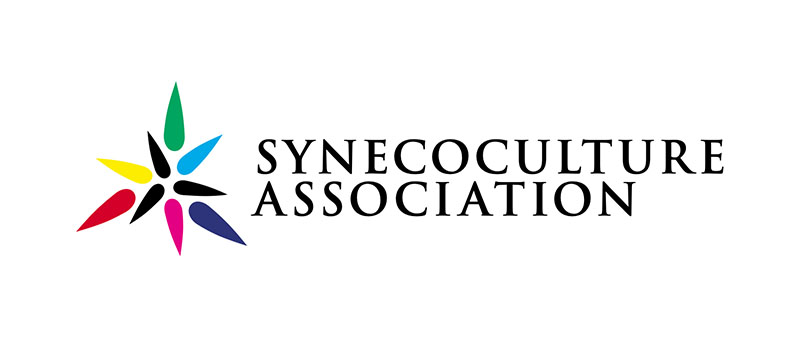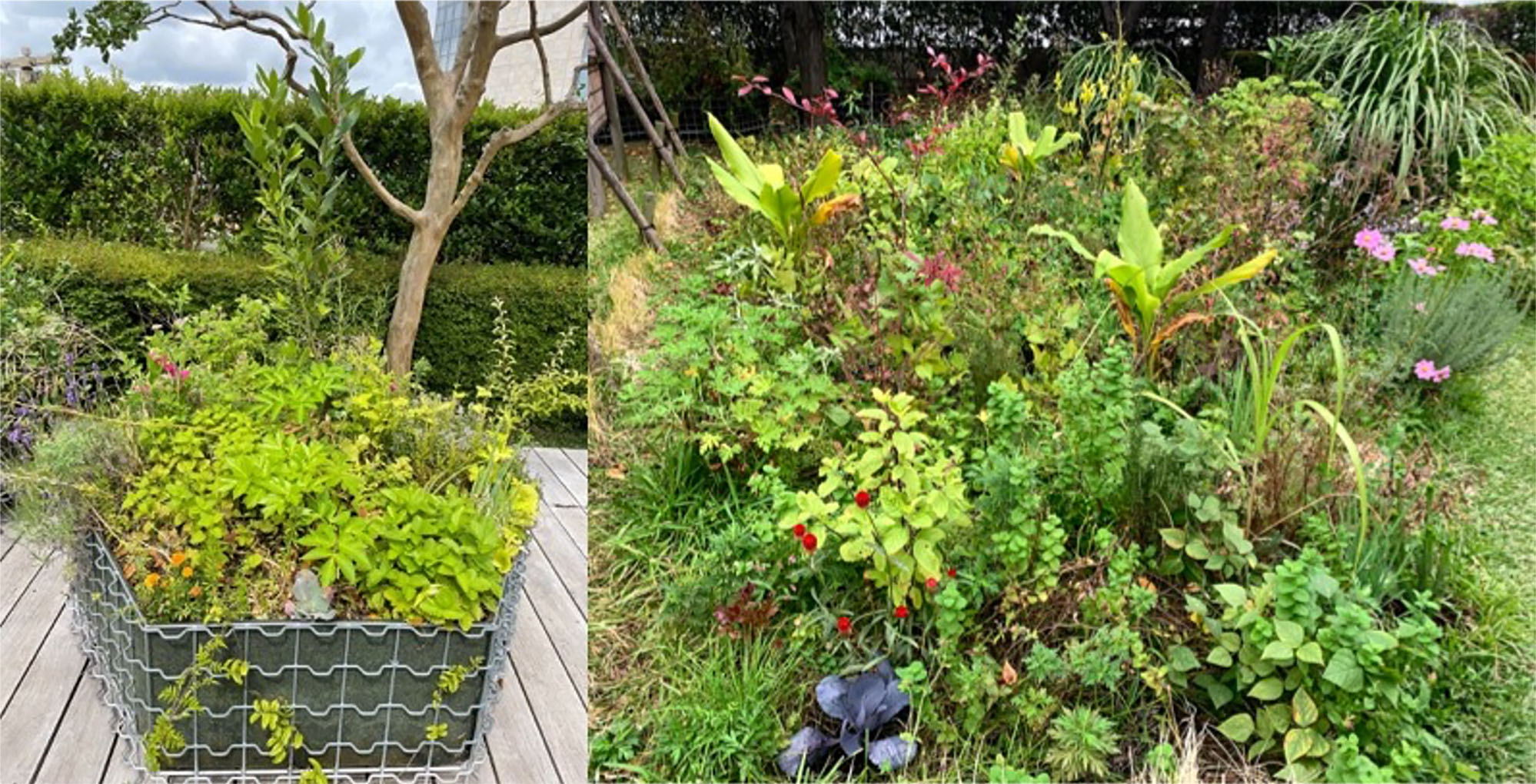Synecoculture™ and Augmented Ecosystems
2010–

©︎Sony Computer Science Laboratories, Inc.
Synecoculture shifts food production, which accounts for most of the loss of biodiversity, from a small scale to an activity that builds up the entire ecosystem.
Without the use of any plowing, fertilizers or agricultural chemicals, hundreds of species of useful plants are planted together in a dense mixture and grow by utilizing the self-organizing power of the ecosystem. In this way, human activities actively intervene to achieve biodiversity and ecosystem functions beyond the natural state.
Synecoculture and augmented ecosystems are more effective in environments where conventional monoculture is difficult. In a demonstration project in West Africa, Synecoculture succeeded in restoring forest ecosystems on hard, desertified land in one year. In addition to food production and desert greening, augmented ecosystems are also expected to provide solutions to problems such as job creation, improved nutrition and increased public safety. We are now working on creating an educational platform to enhance ecological literacy.
*Synecoculture is a trademark of Sony Group Corporation.










